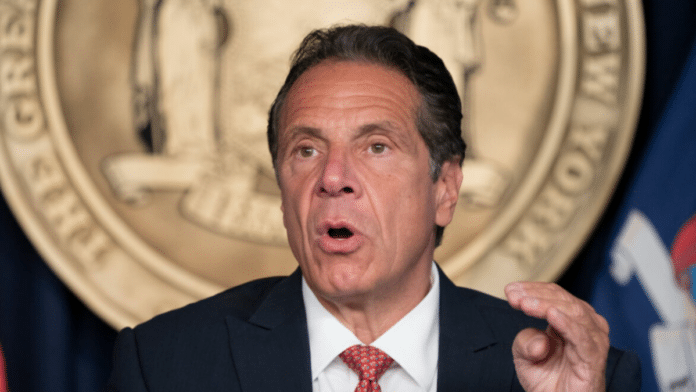Hedge‑fund legend Michael Burry, known for forecasting the 2008 housing‑market collapse, is betting big against two of the hottest names in tech: Nvidia and Palantir Technologies. In recent filings by his firm Scion Asset Management, Burry revealed massive put‑option positions that suggest he believes the AI boom has entered bubble territory.
According to the disclosures, Scion held put options on 1 million shares of Nvidia with a notional value of approximately $187 million, and on 5 million shares of Palantir with a value near $912 million—combined, roughly $1.1 billion. These wagers represent the majority of Scion’s portfolio and signal deep conviction that the current valuations of both companies are unsustainable.
Burry’s move follows his social‑media warning: “Sometimes, we see bubbles. Sometimes, there is something to do about it.” His timing coincides with soaring valuations for both companies—Nvidia recently became the first company to hit a $5 trillion market cap, while Palantir grew over 170% this year alone.
Market reaction was immediate. Palantir stock tumbled 6‑9% and Nvidia slipped over 2% upon the news of Burry’s positions. Alex Karp, Palantir’s CEO, criticized Burry’s approach as “bats‑t crazy,” defending his company’s performance and questioning the investor’s motives.
Analysts are now questioning whether the AI‑rally narrative is due for a reckoning. While many believe the technology’s promise is real, Burry’s contrarian bets raise red flags for those grounded in free‑market thinking: when valuations outpace fundamentals, even rising stars can become vulnerable.
For Burry, the strategy signals his belief that the next major investment opportunity may not be finding the next tech disruptor—but recognizing when a boom turns into a bust.












